rsv in babies contagious
When an infected person coughs or sneezes When virus droplets from a cough or sneeze land in your eyes nose or mouth When. RSV spreads quickly and easily among children through coughing and sneezing and sharing cups and other.

Dr Lara S Guide For Rsv Dr Lara S Blog
After your baby comes in contact with someone with RSV it may take two to eight days for symptoms to pop up.
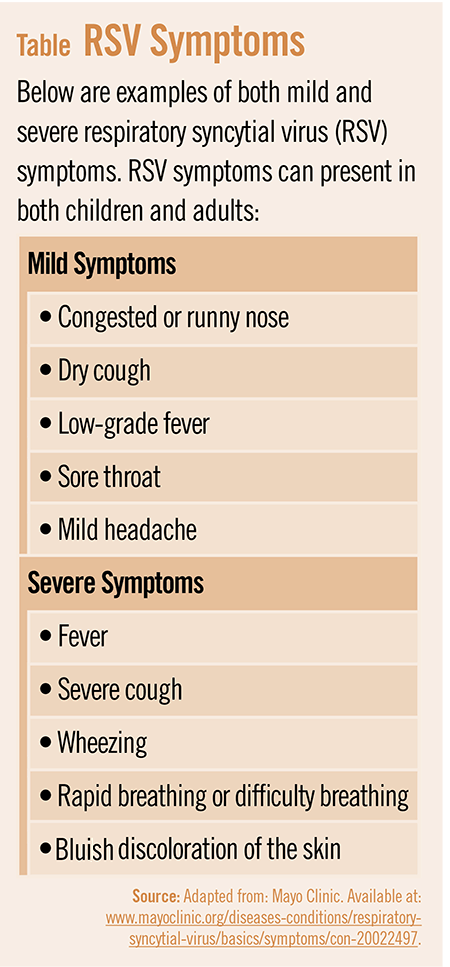
. Severe RSV can be unprredictable. Mild RSV symptoms include a runny nose dry cough or sore throat low-grade fever sneezing or a headache. Respiratory syncytial virus RSV also known as human respiratory syncytial virus hRSV and human orthopneumovirus is highly contagious causing respiratory tract infections and is spread through droplet transmission.
RSV is highly contagious meaning that it spreads between people very easily. A child with RSV can be contagious for at least three to eight days before showing symptoms. What causes RSV in babies.
This can happen if a child touches a contaminated surface and touches his or her eyes mouth or nose. Respiratory syncytial virus is a common and very contagious virus that infects the respiratory tract of most children before their second birthday. This respiratory virus typically causes mild coldlike symptoms in older children and adults but it can lead to more serious problems in babies and young children.
Yes RSV is highly contagious particularly during the three- to seven-day period a person has symptoms. And kids with diseases that affect the lungs heart or immune system. A general ill feeling.
Typically RSV is seen in the community and peaks earlier than the flu. But many kids like adults experience a loss of taste or smell and its unclear how much thats the case with RSV. This can happen if a child touches a contaminated surface and touches his or her eyes mouth or nose.
Mild COVID-19 symptoms in kids are pretty similar. RSV can spread to babies and anyone the following ways per the CDC. To minimise the risk to your child you can take the following measures.
Following transmission through the nose or eyes RSV infects the lining of the upper and lower airways. RSV is the abbreviation for respiratory syncytial sin-SISH-uhl virus RSV. It survives on soft surfaces for a shorter amount of time.
An RSV infection can be spread through the air by coughing or sneezing which is how babies often come into contact with this virus. Children with RSV are usually infectious able to pass the virus onto others for eight days from the start of their symptoms. RSV or respiratory syncytial virus is a seasonal illness that has been commonly overlooked even though it affects about 97 of children by the age of two.
Direct person-to-person contact with saliva mucus or nasal discharge. RSV spreads much like COVID-19 through virus droplets that enter the body through the eyes nose or mouth. For most babies and young children the.
Its not quite as contagious as the COVID-19 Delta variant but its very contagious through infected droplets in the same way that a. Unclean hands RSV can survive 30 minutes or more on unwashed hands. A few of these.
It may also happen when inhaling droplets from an infected persons sneeze or cough. RSV can hang around for up to two weeks with your baby being contagious for about a week. Avoid close contact such as kissing or hugging between your baby and anyone who may be sick Avoid your baby sharing contaminated items with others such as cups bottles or toys.
RSV spreads just like a common-cold virusfrom one person to another. RSV is highly contagious and it spreads through droplet transmission. Some straightforward measures can help people avoid contracting the disease or spreading it to others.
Again this is partly because babies are. RSV is spread when a child comes into contact with fluid from an infected persons nose or mouth. This is because the symptoms are similar to that of the common cold and are normally mild.
Not eating or drinking well. RSV can also survive on surfaces for up to six hours which makes it easy to pick up. It may also happen when inhaling droplets from an infected persons sneeze or cough.
It enters the body through the nose or eyes or usually from. Which children are at risk for RSV. RSV is highly contagious especially from October through Marchthe cold and flu season.
RSV is the most common cause of lower respiratory tract infections in children younger than 1 year old. People can get RSV through direct contact like kissing a childs face who has RSV. But for some RSV can be severe and even life threatening.
Some infants and people with weakened immune systems may remain contagious for as long as four weeks. The virus also can survive on hard surfaces for many hours. RSV is contagious as it is airborne.
It can spread through saliva droplets when someone coughs or sneezes. RSV is a seasonal contagious disease that spreads mostly during the fall winter and early spring. How does RSV affect the body.
Sometimes an RSV infection can lead to. If your babys immune system is weak they are at risk for spreading the virus for up to four weeks even if they dont show symptoms. Its really contagious.
Bronchiolitis or pneumonia especially in premature babies. RSV is spread when a child comes into contact with fluid from an infected persons nose or mouth. The best way to keep your infant healthy is to keep him or her from being exposed.
How Contagious Is an RSV Infection. RSV is highly contagious and spreads between people very easily. While healthier children have a lower mortality rate higher-risk babies have a greater chance of developing complications.
When a person with the infection coughs or sneezes secretions from their respiratory tract containing the virus are released into the air. Infants younger than 1 year old. In 2021 there has been an unusual spike in RSV cases during the summer months.
Which children are at risk for RSV. RSV is very contagious and can live on surfaces for several hours and on unwashed hands for 3060 minutes. For a smaller number of children the RSV infection may lead to bronchiolitis which may need medical care.
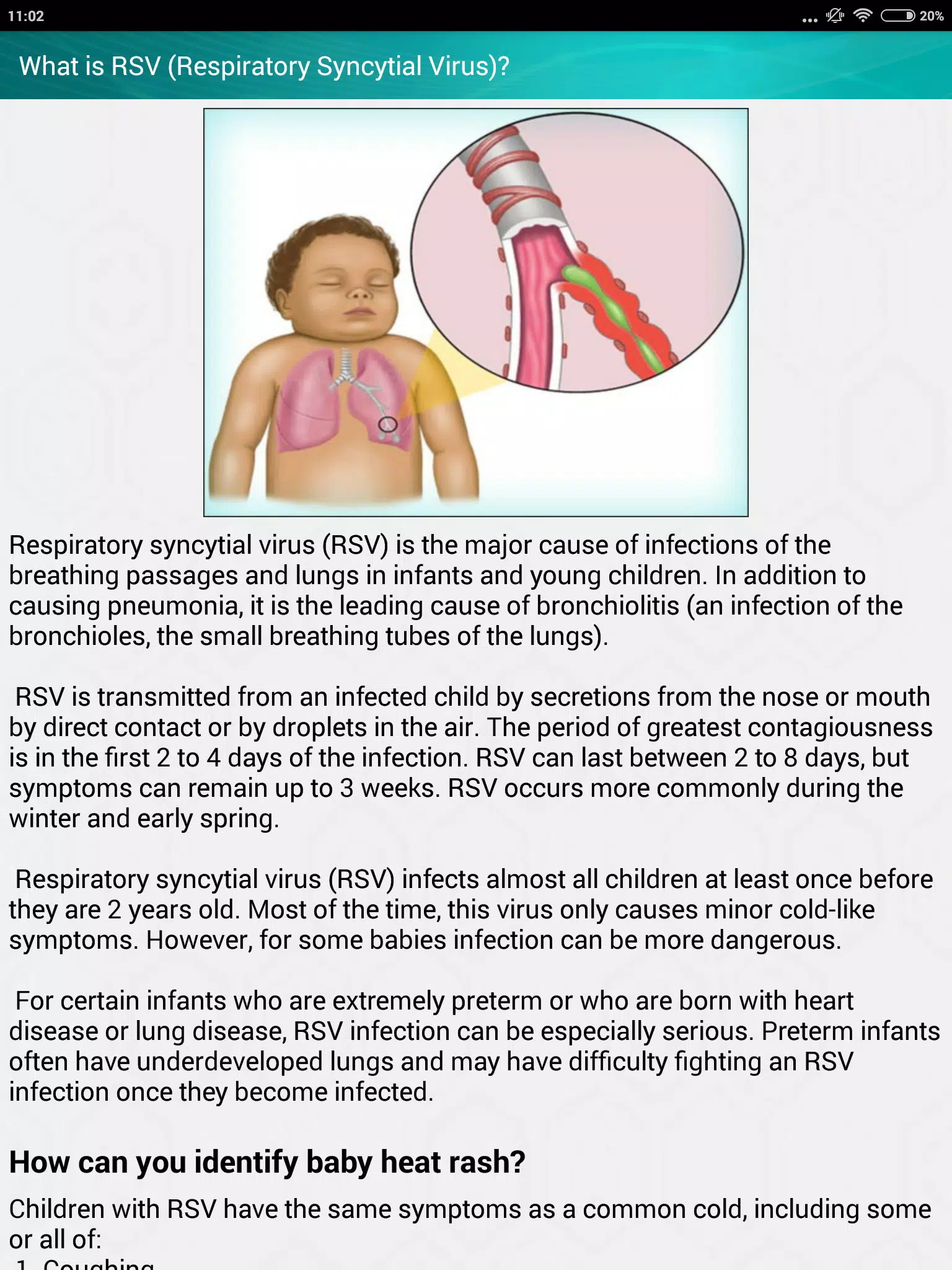
Respiratory Syncytial Virus Infection Rsv In Kids For Android Apk Download

Important Information Alex The Children S Alligator Facebook
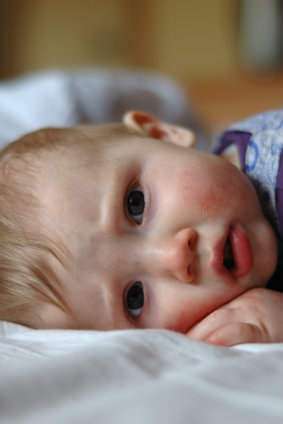
10 Things Every Parent Should Know About Rsv Respiratory Syncytial Virus Montreal Children S Hospital

Webmd Parents Rsv Is A Common And Very Contagious Virus That Infects The Respiratory Tract Of Most Kids Before Their Second Birthday Https Wb Md 2n3iu9v Facebook
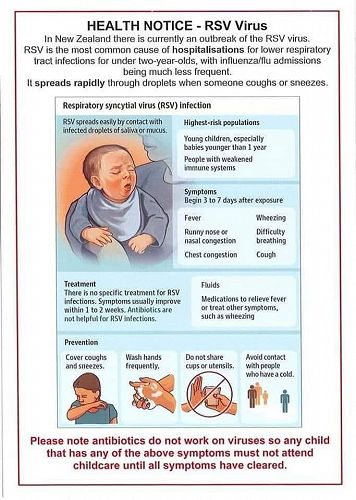
Health Notice Rsv Virus Term 2 Newsletter 2021
Is Your Baby Or Child Sick With Rsv Here Is How To Care For Them And Know When You Need Help Wairarapa Dhb

Respiratory Syncytial Virus Rsv National Foundation For Infectious Diseases

Kaylaaaaay On Twitter Please Share It S Rsv Season So Do Not Kiss Babies Https T Co Hiizex9jjs Twitter
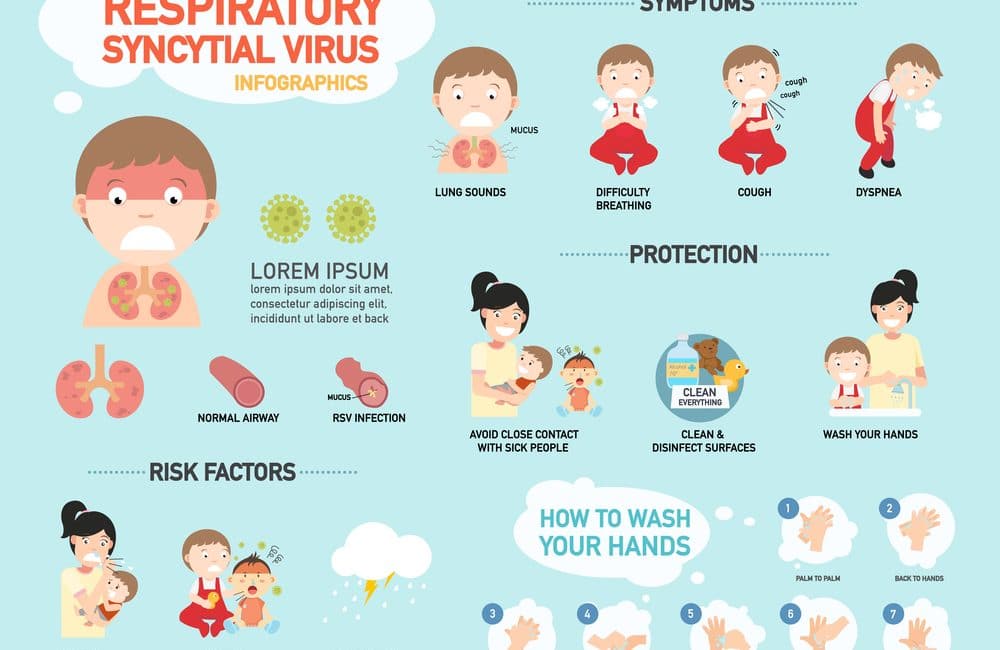
Respiratory Syncytial Virus Rsv Overview Healthstatus

What Parents Should Know About Rsv Protection My Boys Their Toys

Bronchiolitis And Rsv After Hours Kids Pediatric Clinic

How To Recognize The Warning Signs Of Rsv Allergy Asthma Network

Respiratory Syncytial Virus Rsv National Foundation For Infectious Diseases

Greater Beaumont Pediatrics Family Medicine Rsv Is Back With No End In Sight Please Take Precautions To Protect Our Little Ones Here Is Some Helpful Information To Explain The Virus

Respiratory Syncytial Virus Rsv National Foundation For Infectious Diseases

Bronchiolitis And Rsv After Hours Kids Pediatric Clinic

Managing Adult Respiratory Syncytial Virus Physician S Weekly

